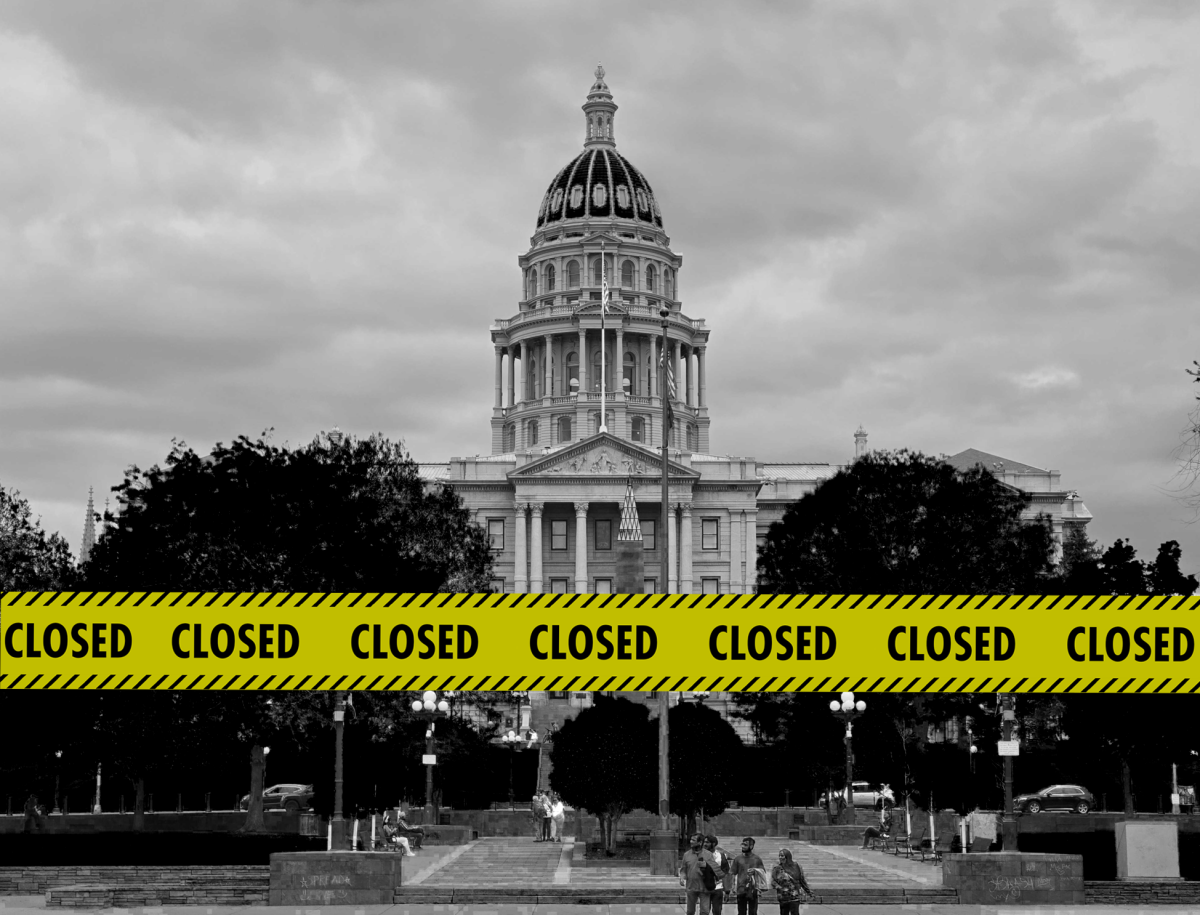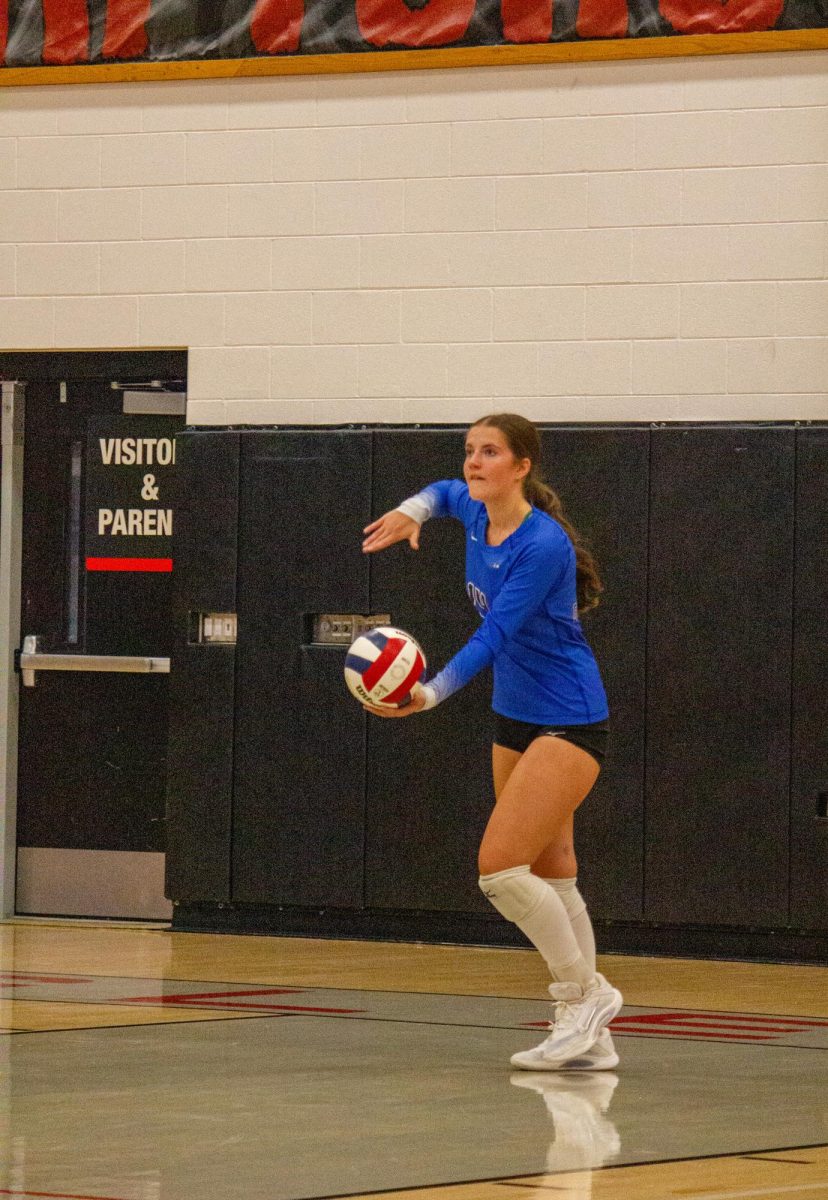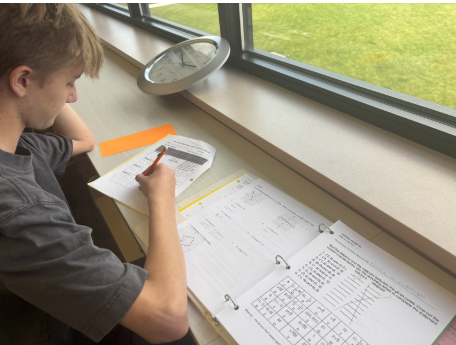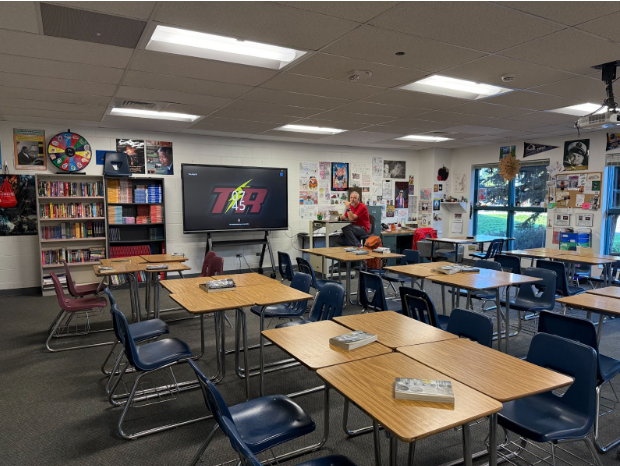Standardized tests were established in the mid-1800s as a “fair” way to assess students’ intelligence and abilities across the country. Though it wasn’t till the early 2000s when standardized testing was popularized under the guise as a legitimate measure of student, teacher, school, principal, district, and state academic performance.
Meaning the better your school performed, the more funding your school received. And so the cycle continued, proving your school, your education, is as good as your neighborhood.
The pervasive use of standardized tests is failing the United States, especially less funded schools; however, it is used as a top evaluator of students for colleges.
But standardized tests, and even AP exams, do not measure “college readiness.”
They measure financial stability.
The SAT test alone costs $64.50 including the essay as well as another $26 registration fee. The ACT costs $62.50. Each individual AP test costs $94.
Even after overcoming these hurdles, there are still more fees needed to be successful.
Most parents spend thousands of dollars on tutoring and test prep courses, and schools select up to date textbooks and resources to simulate standardized SAT, ACT, and AP tests.
For example, this occurs in one of my favorite classes, AP world. Don’t get me wrong, I love my teacher’s in-depth and passionate lectures; however, that’s only around 50% of the class. The other 50% is primarily focused on learning how to take and prepare for the upcoming AP tests. In which we learn how to write a perfect formulaic SAQ, LEQ, and DBQ, and learn and practice how to decipher the overly condescending questions.
So if your family’s income is $20,000 a year or lower and/or you attend an inner city school, you’re statistically proven by college board’s data to score lower than families that can afford to spend at least $800 on ACT and SAT prep.
By using these tests, colleges aren’t truly looking at students abilities or aptitude, but rather for customers.
Education is no different than a business investment.
The children of the upper class will sit in the Harvard admissions office, anxious, but more than equipped. With 10+ APs (4s and 5s), impressive extracurriculars, and near perfect SAT and ACT scores (with the additional essays,) their success was bought.
In many ways, standardized tests show that college acceptance is nothing more than a price tag. Whether this is done through cheating like in the college admissions scandal or through school test prep, the education system consistently sends the message that education is a privilege, and not a right, which will continue to benefit the wealthy and hurt our country as a whole, because we cannot produce innovators and critical thinkers by promoting a narrow curriculum and drill-like “teaching to take the test.”
It is essential that the United States negates standardized tests, and instead measures students not on memorization, but on aptitude, creativity, problem-solving, engagement, and aspirations rather than having a country educated on regurgitation.


![[Opinion] Standardized Tests do not Measure Intelligence](https://ghschronicle.com/wp-content/uploads/2019/04/DSC_0007-copy-e1554759293449.jpg)






![A Vest Won’t Protect You [OPINION]](https://ghschronicle.com/wp-content/uploads/2025/09/KoltonZuckerVestPosterOffWhite.png)
![Executive Order: Ending Radical Indoctrination in K-12 Schooling [OPINION]](https://ghschronicle.com/wp-content/uploads/2025/04/Screenshot-2025-04-23-at-2.51.41 PM-1200x674.png)





Daemon • Apr 15, 2019 at 10:43 pm
Success was bought? I’m a middle class student, and I personally had to work to pay for my 4 sat books and my 2 ap books. I’m not a genius, I had to work crazy hard to get the score that I got on the SAT. Test books are available online for free, and you don’t need private tutors to obtain high scores. My family couldn’t afford private tutoring, so I worked my tail off studying hours and hours a day to get my score. Articles like these are disrespectful to a large group of students like me who genuinely work for their success, and in general, even the most underprivileged students can reach their dreams, if they work hard enough.
Anon • Apr 17, 2019 at 2:16 pm
I think you misunderstood the article. Yes, it talks about “buying success” but nowhere in the article did it undermine your hard work. The writer’s opinion was that you need to study or rather memorize/learn for a test for standardized tests (like you did) and often (keyword) higher class students are given more and better resources in order to prepare for the test. (Also pointing out the cheating scandal) The article mostly talks about how standardized test is not a fair way to measure academic knowledge. One of the points was the advantages of having money. And you even said that you had to pay for books yourself. The writer isn’t trying to say you didn’t work hard at all and that high sat scores cant be obtained by lower-class students, but more often than not higher privilege can almost guarantee success. For example, i assume you are a Grandview student? Grandview is a very well funded school and some of your success can be traced back to Grandview’s excellent teaching. Not saying if you went to an APS school you couldn’t achieve a high test score, but it would be a lot harder.
Ari Kaye • Apr 9, 2019 at 9:41 pm
I also agree that we as an education system need to do a much better job at teaching creativity instead of test-taking skills. Most of the College Board’s goals nowadays is to strip students of money instead of measuring success. This can be seen in how they have pushed back AP registration deadlines and increased fees on those tests. I encourage everybody to sign this petition in order to stop this money-grabbing from College Board, as it only furthers socioeconomic gaps between students: https://www.change.org/p/tell-the-college-board-not-to-add-more-expense-and-stress-for-students-taking-exams
I have signed and you should too.
Thanks everybody!
Ari Kaye • Apr 9, 2019 at 9:29 pm
Most of this is completely true. However, I will argue that students can do very well on an AP test from a prep book they can get at a local library for little-to-no cost. Because libraries allow these books to be free, any student should be able to prepare enough to get the score they desired. However, prep courses are expensive and only those in the higher class can utilize them. Thus, it is true that those with better socioeconomic status may have more resources to help them on a test, but it isn’t the whole story.